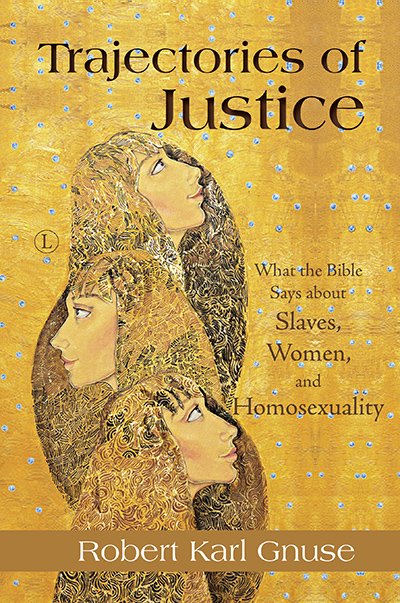Description
The Bible proclaims a message of liberation. Though the Bible arose in an age when slavery and patriarchalism permeated society, the biblical authors sought to elevate the rights of slaves, the poor, and women. Their attempts to elevate the oppressed set in motion a trajectory of evolution, which we should still be advancing today. Critics of the Bible declare that it accepts slavery and the subordination of women, but they fail to understand the biblical texts in their historical context. For their age the biblical authors were advanced in their understanding of human rights, and the democratic values we hold today actually resulted from their early attempts to affirm the dignity and rights of slaves and women. It is equally important that we criticise those spokespeople of the church who quote the Bible literally but have lost sight of its historical context so that they might still subordinate women today. Such spokespeople also declare that the Bible condemns homosexuality. But a closer reading of the text discerns that those few passages that address same-sex relations actually condemn rape, ritual prostitution, and master-slave relations. To use the Bible to condemn people is to misuse the Bible.
About the Author
Robert Karl Gnuse is the James C. Carter, SJ/Chase Bank Distinguished Professor of the Humanities and Professor of Hebrew Bible at Loyola University in New Orleans. He is author of Misunderstood Stories (2014), No Tolerance for Tyrants (2011), and The Old Testament and Process Theology (2000).
Contents
List of Abbreviations
Acknowledgments
1. Perspectives on Biblical Trajectories
2. Old Testament Law Codes and Justice for the Oppressed
3. Loans, Interest, and Debt that Leads to Slavery
4. Freedom for the Oppressed Debt-slaves
5. Rights for Slaves in the New Testament
6. Women’s Rights in the Old Testament
7. The Dignity of Women in the Jesus Movement
8. The Dignity of Women in Paul and the Ancient Church
9. Old Testament Passages Used to Condemn Homosexuality
10. New Testament Passages Used to Condemn Homosexuality
Conclusion
Bibliography
Scripture Index
Subject Index
Name Index
Endorsements and Reviews
Dr Gnuse examines the cultural and social context of Biblical texts that are often cited to support controversial issues related to women’s rights, debt oppression, slavery, and same-sex orientation. He critiques common mistranslations of these texts and explores whether these texts give evidence of protecting the dignity of oppressed groups in Biblical antiquity. Readers will find Gnuse’s scholarly discussions thought-provoking and insightful.
Terri Bednarz, Assistant Professor of New Testament Studies, Loyola University
This is an admirable example of constructive theology with expertise centred on ‘the monotheistic evolutionary trajectory as it seeks to affirm the basic equality and dignity of all people’.
Ann Loades, in Theology, Vol 121, No 2






